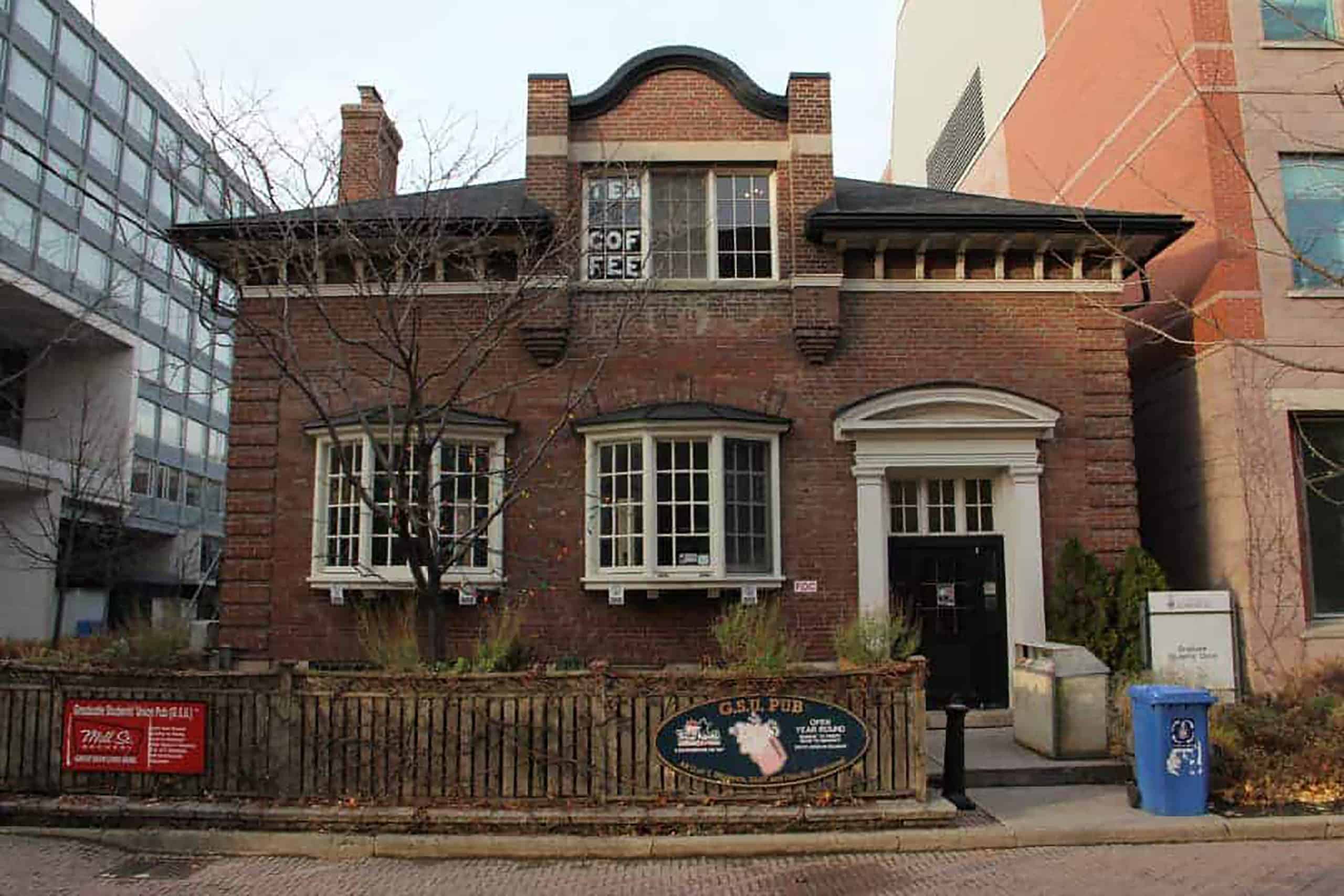On October 25, the University of Toronto Graduate Students’ Union (UTGSU) met for the first time this academic year. The meeting took place virtually, and included the presentation of executive reports, plans for an upcoming by-election to fill vacant seats, and a discussion of advocacy issues.
Updates
To begin the meeting, each member of the executive committee presented their reports, which documented updates on their activities since the last meeting on April 26.
The meeting included both the General Assembly and the Board of Directors (BOD) because the vacancies on the BOD prevented it from maintaining the quorum necessary to hold a separate meeting. Jesse Velay-Vitow, a doctoral candidate in the Department of Physics, questioned whether the joint session was in violation of the union’s bylaws, which require each executive committee member to “provide a weekly work report to the Executive Committee and a written monthly report to the BOD.” Since the joint session was not a specific BOD meeting, Velay-Vitow also raised concerns that the members did not have the authority to act on BOD items.
Danielle Karakas, vice-president academics and funding: divisions 3/4, said that the executives would present their reports to the BOD at a later date. She also mentioned that the bylaws do not explicitly state the reports have to be “approved” by the BOD, so the UTGSU was not in violation of the union regulations.
Karakas’ report included advocacy work in regards to for students in Division One and Two. Division One includes the Humanities course unions, while Division Two includes the Social Sciences unions. Some of the issues focused on greed appeals, supervisorial issues, and issues around grad funding.
VP-Finance Neelofar Ahmed’s report touched on her involvement with committees for different fundings, the UTGSU orientation, and her representation of the UTGSU in different situations, including meeting with one of the university’s deans. She also mentioned that the UTGSU is trying to “roll out” some of the approved bursaries and awards.
After the presentation of reports, the discussion moved to questions about the status of the basic funding initiative, which helps fund graduate students, and was set up in conjunction with the Graduate Research Council. Ahmed said the current UTGSU will carry on the work from the previous executive council, which included circulating surveys about the basic funding initiative to be presented to the School of Graduate Studies.
The members also heard updates from the Canadian Union of Public Employees (CUPE), Local 3902 and United Steelworkers, Local 1998, which are labour unions that advocate for contract academic workers and administrative/technical workers, respectively.
Kyle Shaw-Müller, a representative from the unions, discussed U of T’s proposal to cut health care coverage for members of CUPE 3902 Unit 1 — which represents student and postdoctoral-fellow teaching assistants, course instructors, invigilators and chief presiding officers — and Unit 7, which represents OISE graduate student assistants. Shaw-Müller encouraged UTGSU members to organize in opposition to the proposed cuts across their departments.
“Please get involved as much as possible because this is a big thing,” said Shaw-Müller. “If we let the university go through with these cuts now, who knows what other cuts they’ll be pushing for in the future.”
In an email to The Varsity, a U of T spokesperson stated that the university and CUPE 3902 are engaged in ongoing discussions about the union’s benefit levels. These discussions are in accordance with the CUPE 3902 Unit Agreement, which requires the union and the university to review benefit levels “with the shared intent of adjusting benefit levels… when there is projected under or overspending in the [benefit] plans,” the spokesperson noted.
By-elections
The discussion then moved on to a motion to appoint Michael Oluwatobiloba as the Chief Returning Officer (CRO) to administer the 2022 by-election and the spring 2023 general election. VP Internal Sarah Alam explained that the executive committee delegated the task of hiring a CRO to staff instead of the BOD directors in an effort to prevent conflicts of interest.
Adam Hill, a doctoral candidate at the Ontario Institute for Studies in Education, questioned if this hiring process violated bylaws that prohibit “[taking] independent action concerning matters that fall within the terms of reference of properly constituted standing or ad hoc committees of the Board of Directors.”
In February, the UTGSU barred Hill from attending BOD meetings for the remainder of the semester, after the executive team alleged that he had been harassing other staff and executives for over a year. Hill told The Varsity that his actions only constituted reasonable political discourse.
Alam defended the decision by explaining that delegating the hiring to staff expedited the process of holding a by-election — a priority that several members have voiced. “This is a unique situation and we have to adapt accordingly,” Alam said. “If we do not approve, or if we do not proceed with the CRO… we are, in October, the violations will be further delayed for the next few months. And by the time this board of directors will be in a position to serve, it will be almost December and/or January, and the term will be limited.” Alam further remarked that they were open to hearing alternative solutions.
Some members suggested bringing the motion to a Special General Meeting to ensure the union could complete the by-election process without violating bylaws.
The meeting ended at 7:30 pm after a member pointed out that they had reached their scheduled time limit. Since the meeting had already exceeded the scheduled time, the UTGSU could not extend time to complete the appointment of the CRO or address other agenda items such as committee appointments.
The next UTGSU meeting will be held online on November 22, 2022 from 5:45–7:00 pm.
With files from Selia Sanchez.


